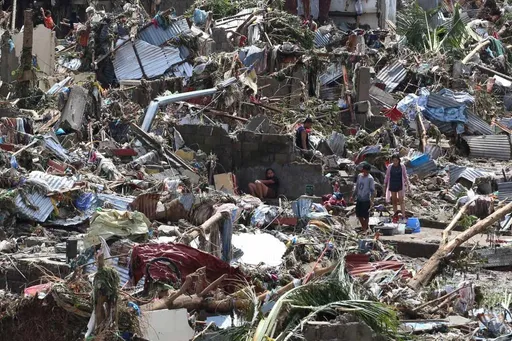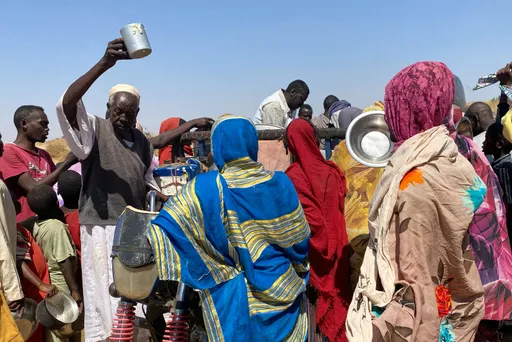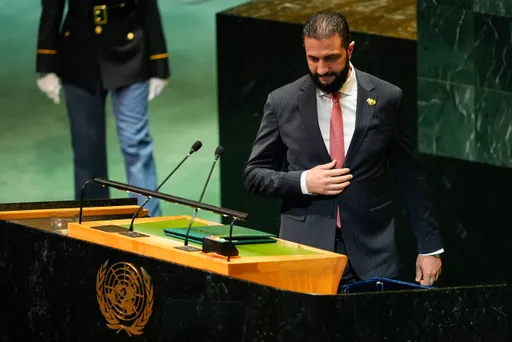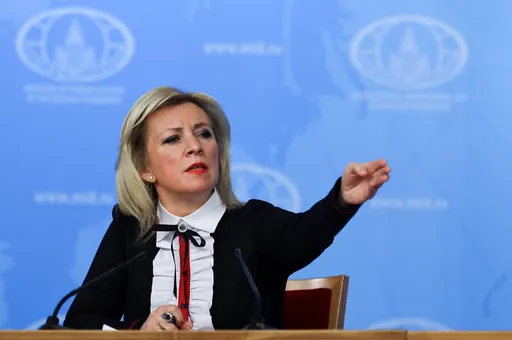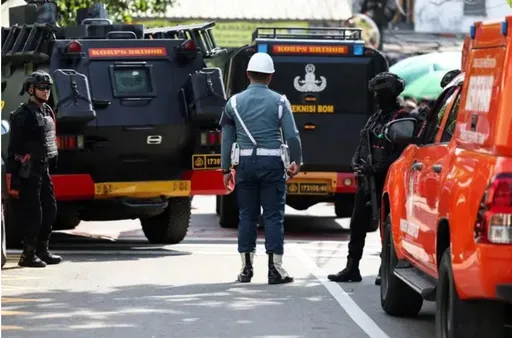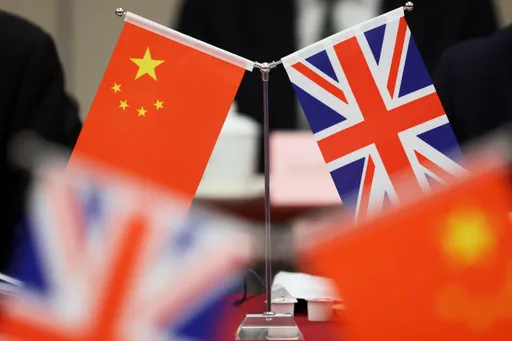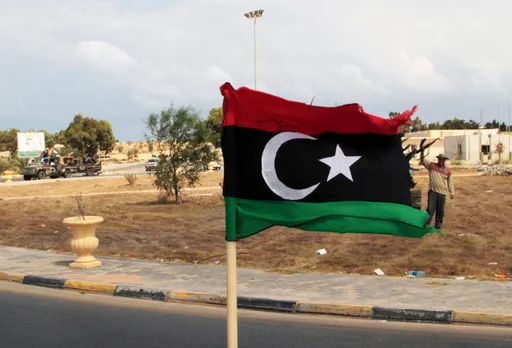The sudden outbreak of protests has become the norm in Egypt despite the repressive measures taken by its military-led autocratic regime, which comes down heavily on dissenters.
Through pre-emptive government raids, a common tactic used by repressive governments to prevent social movements, Sisi's regime has rounded up hundreds of people in police stations and prisons, only to muzzle the critical voices on the ground and discourage people from participating in demonstrations.
But Sisi's iron-fisted approach has failed to extinguish the nation's smouldering rage. The country is currently gripped by protests, even though the EU, the US and major international organisations are looking the other way, avoiding speaking out against the dictatorial regime they enabled in one of the Middle East’s most pivotal states.
“Beyond any ideology or revolutionary cause, people are protesting for their very lives and their self interests to protect their families and survive under the pressures of daily life’s essential needs,” says Hamza Zawba, the former spokesman of the Freedom and Justice Party, who hosts a show for Mekameleen TV, a media organisation launched by Egyptian exiles in Istanbul.
As a result, the Egyptian government is alerted to figure out which kind of political forces are behind the ongoing protest, according to Zawba.
In the past, Egyptian security forces have arrested people affiliated with the Muslim Brotherhood to subdue protests.
But now they appear to have no clue about the roots of the ongoing protests. They are widespread and unpredictable, and security forces have arrested people from different political groups and backgrounds, says Zawba.

In this Aug. 28, 2014 file photo, surrounded by plainclothes policemen, Egyptian prominent blogger Alaa Abdel-Fattah, left, speaks to the crowd after attending, with his sister Sanaa, right, their father Ahmed Seif funeral in Cairo, Egypt. Both supported the protests and Sanaa eventually ended up in a prison. (AP Archive)
Among recent arrests are many intellectuals and left-wing political figures.
“There were over 1,000 pre-emptive detentions … and there’s been a crackdown [with] arrests of intellectuals, university students, common citizens – all to pre-empt larger protests,” said William Lawrence, a former US diplomat and a professor of political science and international affairs at the American University.
“People’s outrage and their continuous protest against the regime is more dangerous than the Muslim Brotherhood or other revolutionary forces for the Sisi regime,” Zawba says.
“I think right now the regime plays the game of ‘wait and see’, trying to figure out who is behind the protests,” Zawba told TRT World.
If Zawba and other experts are right about the political nature of current protests, it could prove a troubling sign for Cairo, for they could transform into a massive show of Egyptian dissatisfaction against the Sisi regime’s governance.
“Even children are demonstrating. The police arrested tens of youngsters under 15-year-old. It shows where the level of popular anger has reached in the country,” Zawba recounts.

Small groups of protesters gather in central Cairo shouting anti-government slogans in Cairo, Egypt September 20, 2019. (Reuters Archive)
Expanding Egyptian anger against Sisi
After seven years under the iron fist of the Sisi regime following a brutal coup, which overthrew the country’s first democratically-elected president and government, nothing appears to be going well for ordinary people of Egypt.
Nearly one third of Egyptians are living below the poverty line, according to different data.
Zawba, in fact, thinks the official data is being too kind in that estimate.
“I am receiving angry messages every day from Egypt,” says Zawba.
“People are fed up [with the current state of Egypt]. They are not protesting for any particular ideology. They are not on the streets to support Mohammed Morsi or Muslim Brotherhood,” Zawba says, referring to the deteriorated situation of the Egyptian economy, as well as the widespread corruption across the country’s institutions as the main reasons for the latest protests.
Current protests have appeared to be triggered by Mohammed Ali, an Egyptian actor and businessman who used to be a government contractor. He later left Egypt, citing differences with the Sisi government.
Last year, in late September, after Ali called for widespread protests against the Sisi government, thousands of demonstrators showed up across several large Egyptian cities, chanting against the military regime and demanding an end to the rule of Sisi.

Mohammed Ali, an Egyptian businessman with formerly close links to the Egyptian state, who became a dissident and Egyptian President Abdel Fattah el Sisi. (TRTWorld)
This year, around the same time as in 2019, Ali, who is now living in Spain as an exile, called protests against Sisi. This led to demonstrations in different cities in order to commemorate the previous year’s protests.
“The regime thought that demonstrations would be in daylight. But demonstrators surprised the regime. They did not come out in the morning or noon or afternoon. They came out at night,” Zawba says.
“Now it’s night protests,” he says.
But before Ali’s call for the rallies, there were, in fact, some angry demonstrations underway across several cities against the Sisi government last week - this, after the Egyptian state began demolishing thousands of allegedly illegal homesacross the country.
Sisi ordered the military to destroy people’s homes, says Zawba. “The government did not offer them anything to replace the current situation,” he says.
Zawba also questions the government’s motivation behind demolishing illegal homes.
“We have hundreds of thousands of buildings with legal licences. Some of those licences have been provided to the respective owners by authorities in a way that ‘Build anyway! We will cover you and not open our eyes [on your irregular staff],’” he says.
“In the past, they [authorities] were blind to those illegal doings for the sake of political consensus,” he adds.
But common people follow what’s going on in the country at different times and begin opening their eyes to what the Sisi regime is doing, according to Zawba.
“This [demolishing houses] was the spark of what has happened in these days.”












